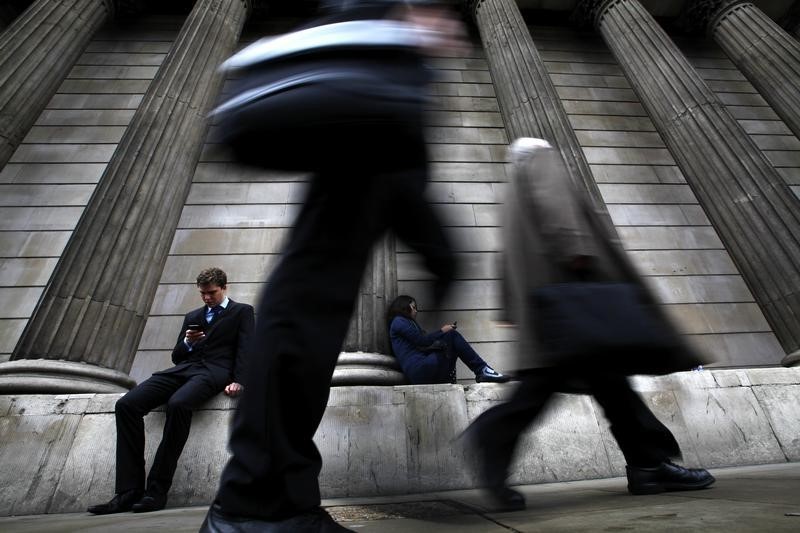LONDON (Reuters) - Technology companies offering banking services should be regulated in the same way as banks to ensure that consumers are properly protected, the British Bankers' Association (BBA) said on Tuesday.
Companies such as Google (NASDAQ:GOOGL) and Apple (NASDAQ:AAPL) have emerged as challengers to banks, offering payment services such as ApplePay and Google Wallet. Facebook said last week that it is introducing a new app to allows users to send and receive money.
"More choice is good news for all, but it's vital that regulators provide a level playing field, giving customers the same robust protection wherever they choose to bank," BBA Chief Executive Anthony Browne said.
A report by the BBA and management consultants Accenture said that the digital revolution will be as much of a challenge for regulators as for banks.
"They will need to ensure that they do not damage consumer protection, the fight against crime or financial stability by squeezing misconduct or prudential risk out of the regulated banking sector into the non-regulated digital sector," it said.
JP Morgan Chief Executive Jamie Dimon and Santander (MADRID:SAN)'s Executive Chairman Ana Botin have both spoken about the growing threat to banks from technology businesses.
"This is a tipping point for the banking world," BBA chief Browne said. "On the one hand, this is a time of great opportunity for our industry, as new types of technology allow us to serve our customers better and more efficiently than ever before. But the change poses challenges, too."
The proportion of bank customers using mobile devices to bank online rose to 27 percent last year from 8 percent in 2010, with customers of major British banks now transferring more than 1.7 billion pounds ($2.5 billion) a week via mobile devices.

Britain's Lloyds Banking Group (LONDON:LLOY), Royal Bank of Scotland (LONDON:RBS) and Barclays (LONDON:BARC) are all investing in digital technology and closing branches.